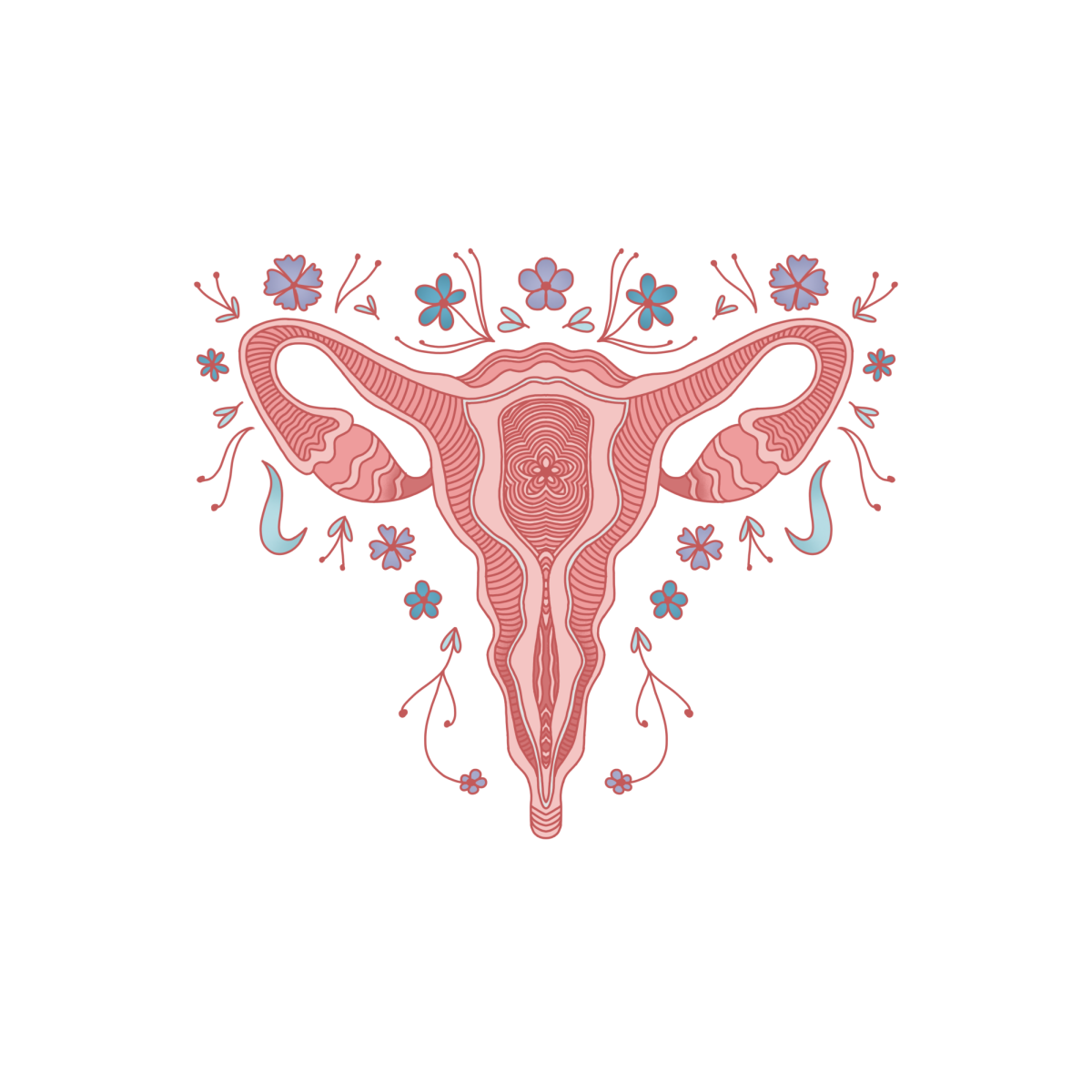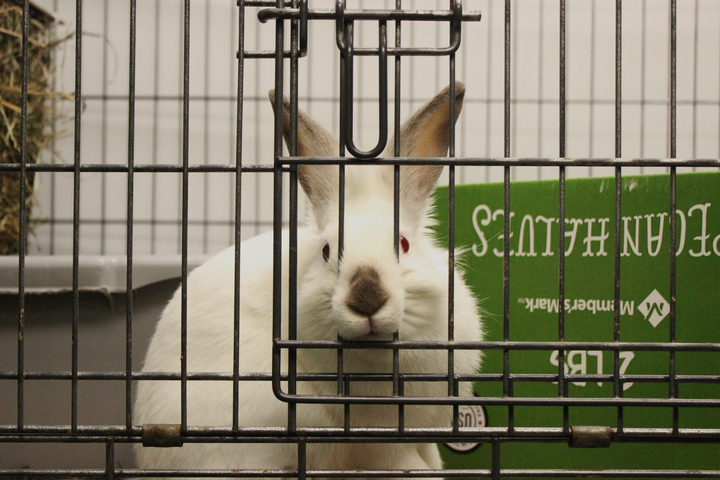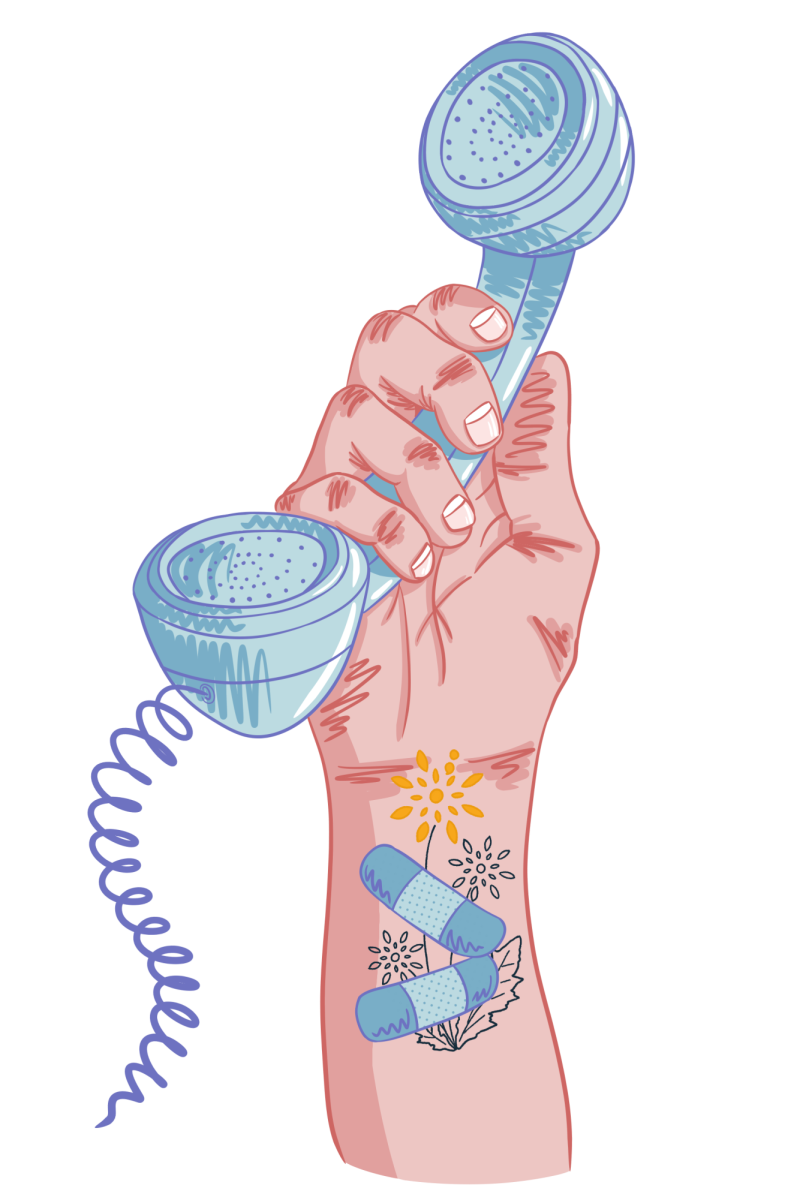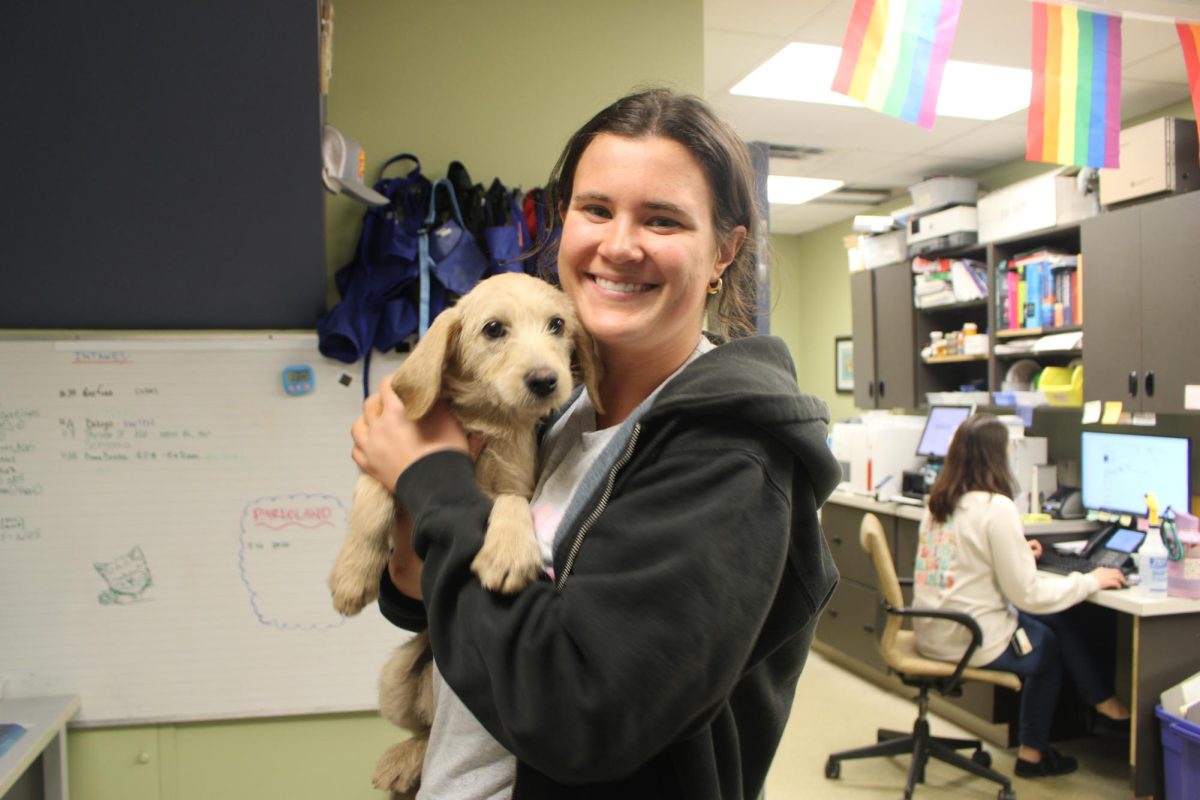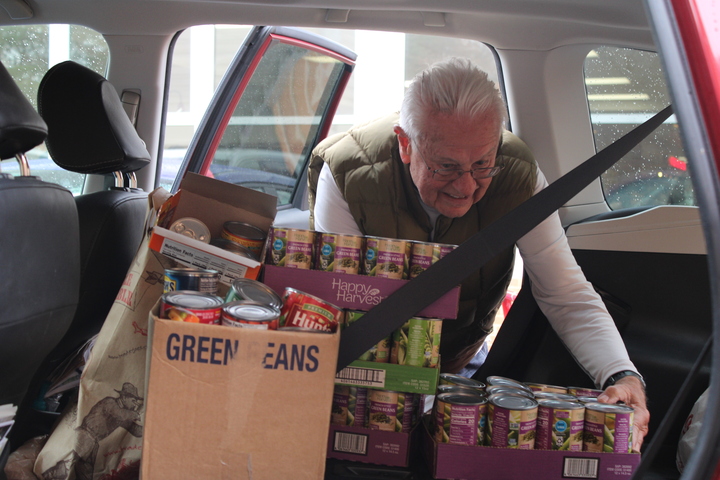When choosing between diapers, food and medicine, many mothers are faced with the choice of leaving their babies in dirty or even reused soiled ones. Jerrica Franks, Community Engagement Manager, said around one in two families cannot afford to buy diapers for their babies. This statistic is something that the STL Diaper Bank is fighting to bring light to and eliminate.
“It’s too high of a number [and we] are trying to get that number to zero,” Franks said. “We want people to live dignified lives and not feel ashamed or worried about something like that.”
Along with diapers, period supplies are also in high demand right now. Franks said one in four women don’t have access to period supplies. Similar to diapers, tampons and pads are taxed heavily, making the prices of these items incredibly high.
“These items shouldn’t be considered a luxury, [they] should be one less thing that families and individuals should have to worry about,” Franks said. “[I might] not know the struggle but we know [the community] and can’t imagine having to go through this.”
Hannah Kramer, Project Manager, joined the organization about a year ago after working at the County Health Department. Being a new mother herself, she felt a connection to the mission at the organization. Kramer said she liked that she was doing something tangible to help support her community and connect with different people.
“It’s nice to work in an organization that has a small but mighty team [and] also gets to work with a huge amount of volunteers,” Kramer said. “[Volunteering] is a great way to feel connected to your community.”
Some may think the need for diapers and period supplies only impacts a few families, Kramer said it’s more common than people think. KHS Innovation students help host diaper drives for the organization to hopefully help those struggling with this need. The organization’s website emphasizes that these issues not only impact the people suffering but all aspects of their lives; school and work attendance, the overall health of a person and financial stability are all things that may be affected.
“I think it’s an issue that we can all get behind, families having what they need to lead healthy lives,” Kramer said. “Diapers are a messy but key part of that.”
The diaper bank does more than provide supplies to the community; they partner with and supply other organizations with diapers and period supplies, advocate for community and host diaper drives and volunteering opportunities. Sofia Belisle, Program Coordinator, said she did not know the impact of a diaper bank until she interviewed for a position at the organization.
“There’s a huge community of people who want to help solve this issue, and there’s lots of places to reach out to,” Belisle said. “We exist but the need is still [there], and there are a lot of areas, even in Missouri, that don’t have access to these supplies. The impact we make could still be greater.”


